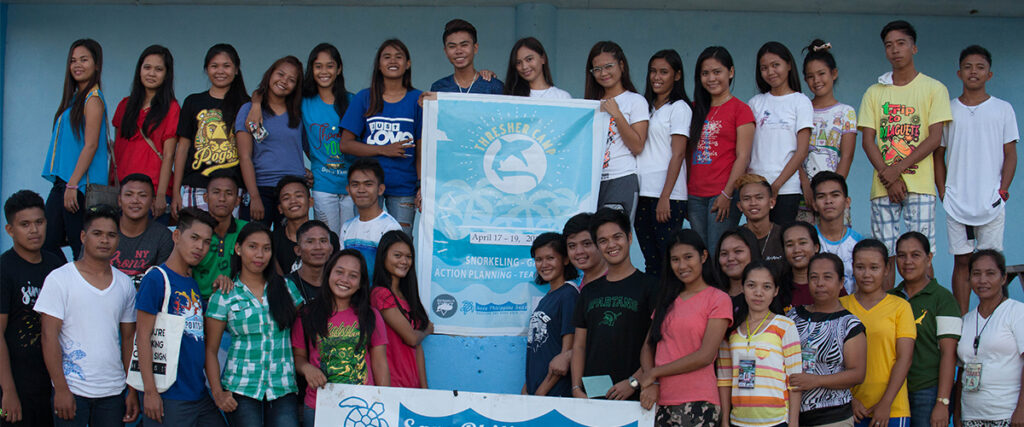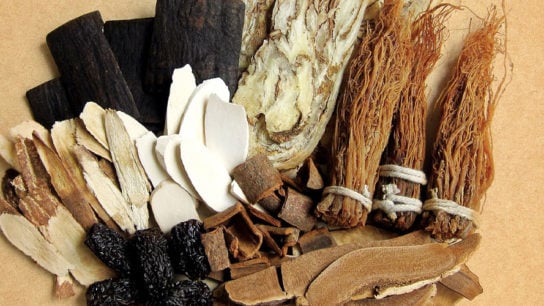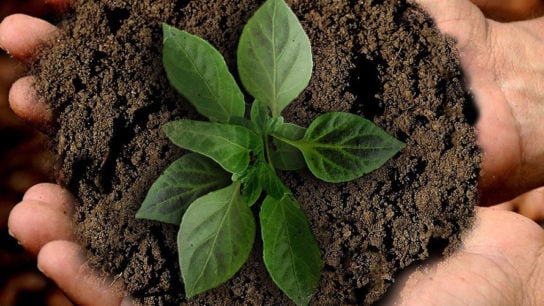Seastainable Co. may be a one-man show, but that hasn’t stopped this Singapore-based startup from joining the fight to protect our oceans from plastic waste.
Plastics present a rampant problem – eight million tonnes of plastic waste are dumped into the ocean annually. Single-use straws, in particular, are a major culprit as they’re used in excessive quantities and disposed of carelessly. An increasing number of major corporations are changing their current practices and replacing such straws with biodegradable equivalents, but they aren’t the only ones hoping to phase them out. Singapore-based social enterprise Seastainable Co. is championing the cause by bringing more awareness to plastic pollution, giving consumers a way to kerb plastic straw use and supporting fellow environmental groups in saving the ocean and its sea creatures.
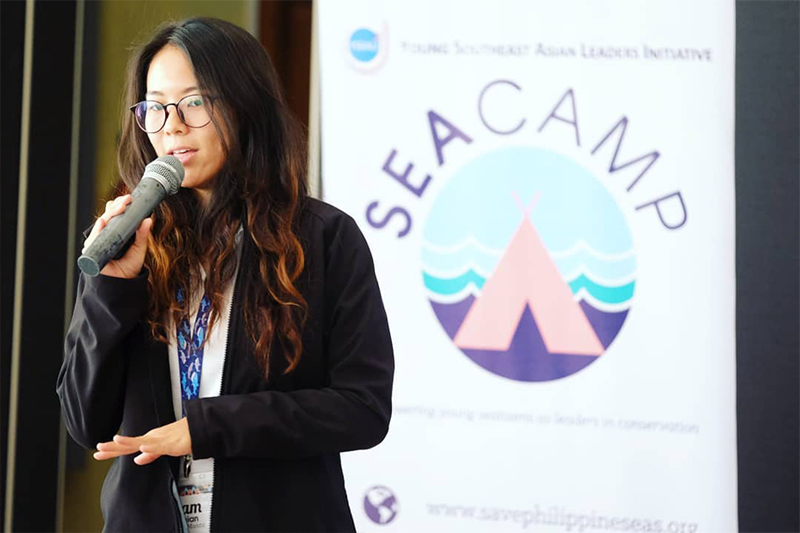
Proving that it’s not just the big guns that are turning the tide on plastic use, 24-year-old Samantha Thian founded Seastainable as a passion project in January 2018 following years of active involvement in marine conservation. “Growing up by the ocean, I was constantly taking part in ocean-related activities and naturally, my interest in protecting nature grew,” she says. “I strive to use Seastainable as a platform to educate the public, not just about single plastic use, but also about protecting our ocean and promoting ethical marine tourism.”
Seastainable’s approach to tackling the plastic problem is twofold: 1. encourage individuals to reduce plastic consumption and 2. work closely with groups that are passionate about the same environmental cause. Reusable metal straw sets form the bulk of Seastainable’s product line-up and are the ideal alternative for individuals who want to do their bit for the sea yet can’t go without a straw. And the numbers don’t lie – over 3,500 metal straws have been sold so far. “Straws are the easiest single-use plastics that people can live without, hence it’s good to start everyone’s plastic-free journey this way,” Samantha explains. “Just reducing plastic straws prevents one less piece of plastic from entering the ocean.”
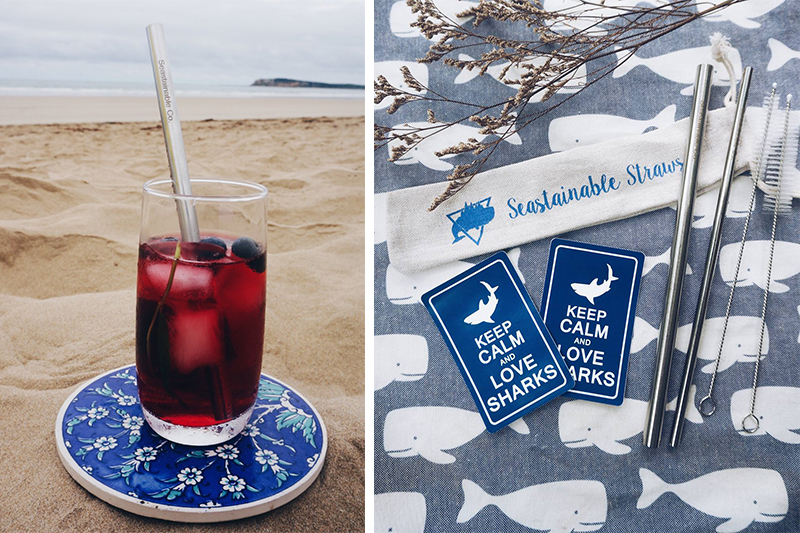
Other products on their website include reusable and collapsible coffee cups, along with wheat boxes for storing used cutlery. Realising that other companies were taking two steps forward and one step back by selling eco-friendly products wrapped in plastic, Samantha specifically seeks suppliers that do not use plastic packaging to ship her products. On her end, she delivers orders to customers in paper envelopes, staying true to environmentalism from start to finish.
But that’s not her whole story. 50% of all Seastainable’s profits go towards supporting marine conservation and the funding of education programs. In April, the company sponsored five individuals to do a three-day experiential workshop conducted by Save Philippines Sea, where knowledge on marine ecosystems and biodiversity, along with leadership skills and the know-how to spread advocacy, were instilled. Other organisations that Seastainable partners with include Large Marine Vertebrates Research Institute Philippines, a non-profit organisation dedicated to the research and conservation of marine megafauna and the marine environment in the Philippines, and Our Singapore Reefs, a community that conducts cleanups and coral reef protection.
Seastainable may have grown in popularity, but profitability has never been part of the equation. “I don’t have expansion plans. There are plenty of alternatives for utensils, lunchboxes and water bottles, and there’s no need for Seastainable to enter the market and generate more waste,” Samantha reveals. This environmentalist even has no qualms about demand going down should society decide to do away with straws altogether, even pointing out that it’s better to simply refuse a straw completely than to buy one which remains barely used. “I hope that people will take further steps to decrease their plastic use beyond just replacing the plastic straw and that Seastainable can be the face of marine conservation education eventually.”
Related Articles
6 Best Zero Waste Products To Live A Waste-Free Lifestyle
Art As A Wake-Up Call, From Strawpocalypse To Plastikophobia
